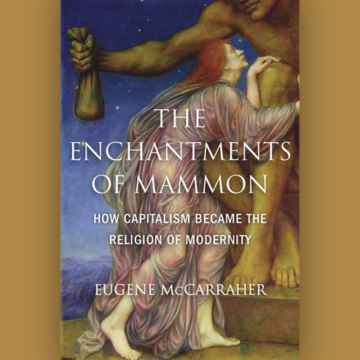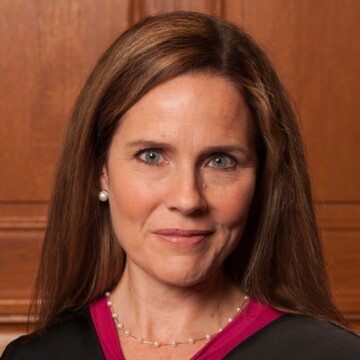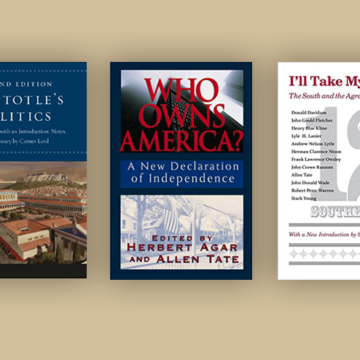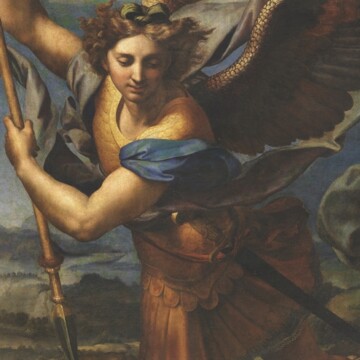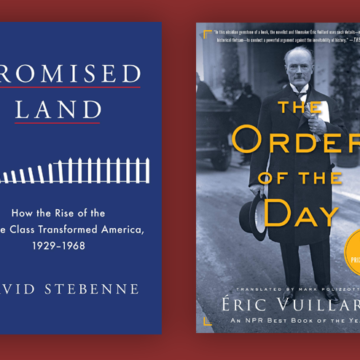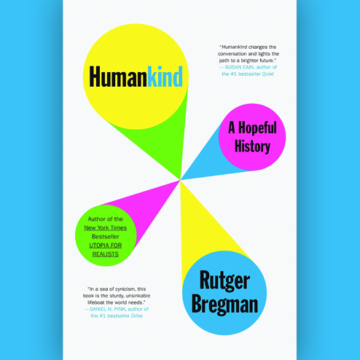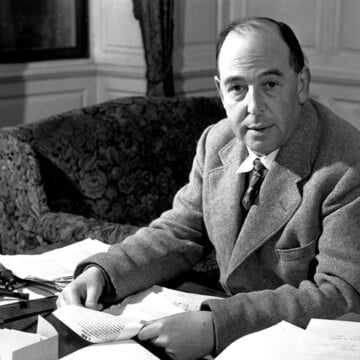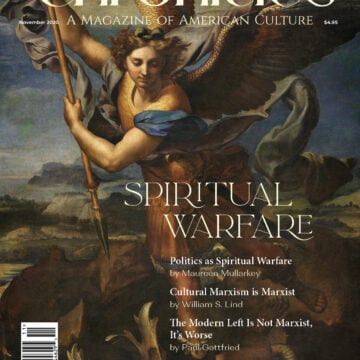The Enchantment of Mammon: How Capitalism Became the Religion of Modernity; by Eugene McCarraher; Belknap Press; 816 pp., $39.95 When the German thinker Max Weber visited the United States in 1904, he was intrigued by the marked tendency of Americans to think about economic activity against a backdrop of religious morality. He tells of an encounter with a salesman of...
Cultural Marxism Is Marxist
A shadow haunts the world. Over the last 75 years it has spread its errors over everything: art, education, music, architecture, manners, morals, and thought itself. What is this colossal Harpy? Cultural Marxism. Commonly known as political correctness or multiculturalism, cultural Marxism is an ideology that serves as a religion among America’s elites. You cannot...
Considering Judge Barrett
In one of the most important acts of his Presidency, on Sept. 26, 2020, Donald J. Trump announced his pick to fill the United States Supreme Court vacancy created by the death of Ruth Bader Ginsburg: Amy Coney Barrett. The Supreme Court has recently been divided 4-4 in terms of judicial philosophy, with Justices Ginsburg, Stephen...
The Modern Left Is Not Marxist, It’s Worse
Is the current left Marxist? In a provocative commentary, Bill Lind explores this genealogical question, and, unless I’m mistaken, the left and much of its media opposition would second his conclusions. Since Antifa describes itself as Marxist, when it’s not calling itself anarchist, and since leading figures of the Democratic Party, like Bernie Sanders and Alexandria...
What the Editors Are Reading: November 2020
The Politics may be the most influential study of political theory and political practice ever written. Aristotle put the book together while investigating different regimes in the Greek world and elsewhere. The philosopher denies the existence of an ideal government applicable to all societies; instead, he looks at various governments that are appropriate for different peoples in...
The Court Historians
One sometimes feels obliged to contextualize a disagreement, because the point in dispute has still not been clearly stated. I have written critically more than once about the works of C. Bradley Thompson, first about his study of neoconservatism, Neoconservatism: An Obituary for an Idea (2010), and more recently, about a book he completed on America’s Founders, America’s Revolutionary...
Politics as Spiritual Warfare
Can a culture celebrate those who want to destroy it and still stand? We are about to find out in this fateful November. Until recently, I thought the word “demonic” no more than a figure of speech. It carried a chill dislodged from religious myth and absorbed into literary aesthetics. As an accessory to prose, I...
Books in Brief: November 2020
Promised Land: How the Rise of the Middle Class Transformed America , 1929-1968, by David Stebenne (Scribner; 336 pp., $28.00). Dear David: I used the title of Sergio Leone’s The Good, the Bad, and the Ugly as my grading rubric for your submission on the 20th-century American middle class. Your work recaps the period’s economic, social, cultural, and...
The Serfs of Silicon Valley
The Coming of Neo-Feudalism; by Joel Kotkin; Encounter Books; 244 pp., $28.99 In the summer of 2003 my bride, our three little kids, and I headed to Chicago for that all-important summer job after my second year of law school. We acquired a “summer lease” for an apartment on North Orchard Street in the highly sought-after neighborhood of...
Innocence and Experience
Humankind; by Rutger Bregman; Little, Brown, and Co.; 480 pp., $30.00 Rutger Bregman’s latest book is about what he calls a “radical idea” that has “long been known to make rulers nervous” and whose apostles will weather “a storm of ridicule.” When we learn that Bregman’s thinking is in radical opposition to Thucydides, Augustine, Machiavelli, Hobbes, Burke,...
Remembering C. S. Lewis
C. S. Lewis (1898-1963) is arguably the most influential Christian writer of the 20th century. To tell the story of his life is to speak of a remarkable journey out of youthful skepticism into the joyful discovery of faith; of an embattled defense of traditional moral sanity; and of a profound artistry in the creation of...


